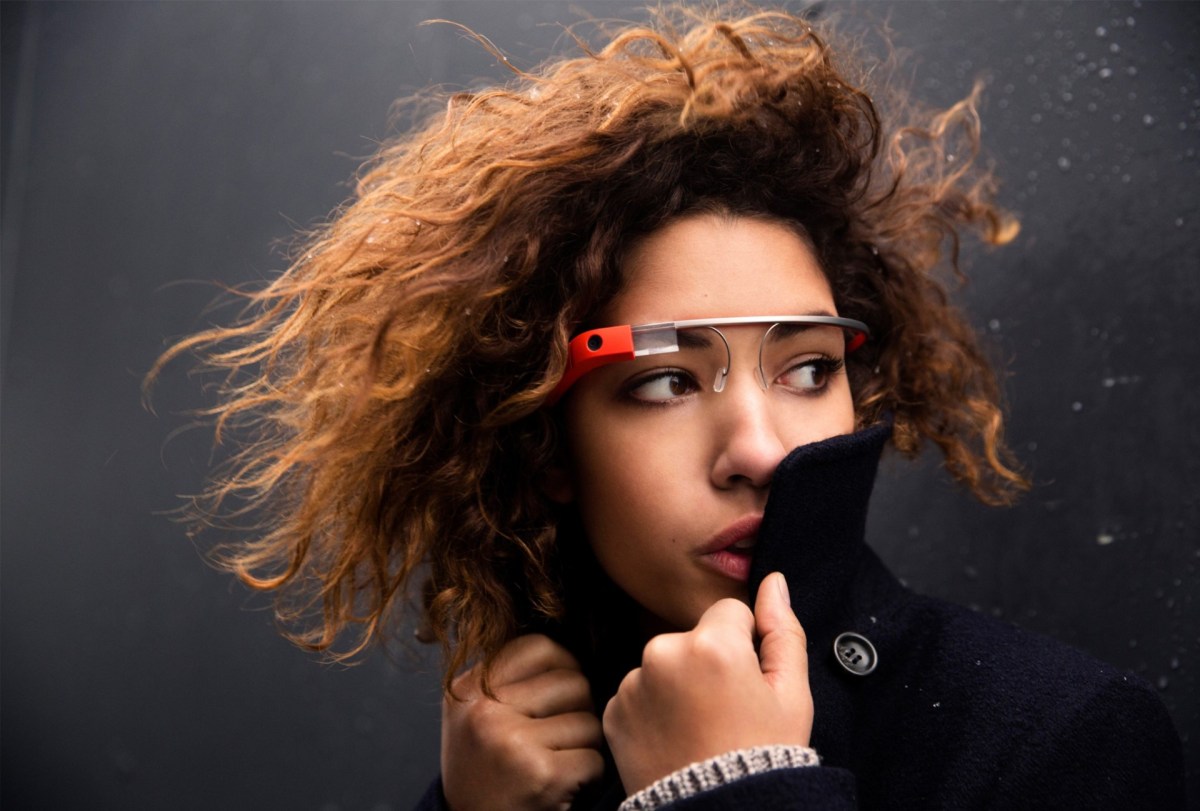Products You May Like
Update: Google tells TechCrunch that it remains committed to augmented reality, stating, “For years, we’ve been building AR into many Google products and we’ll continue to look at ways to bring new, innovative AR experiences across our product portfolio.”
I know at least one TC staffer who is gutted by the inevitable second death of Google Glass. I won’t call them out by name, but will say that I empathize with seeing a tech giant reverse the truck to drive over a beloved piece of technology once again. Is it possible to be ahead of your time twice? Or do you have to admit at a certain point that yours is an alternate timeline?
Here’s what we know for sure: The world still wasn’t ready for Glass, even after a product makeover and shift in focus. Google confirmed plans to once again end support for its misunderstood bit of AR tech, writing:
Thank you for over a decade of innovation and partnership. As of March 15, 2023, we will no longer sell Glass Enterprise Edition. We will continue supporting Glass Enterprise Edition until September 15, 2023.
Not an entirely interrupted decade, of course. Glass celebrated its 10th anniversary last month. The original developer version of the head-worn display launched in February 2013, beginning its Glass Explorers program two months later and finally opening things up to the public in May 2014. Parodies ensued. Less than a year later, it announced that former Apple designer and Nest co-founder Tony Fadell was working on a follow-up.
Google Glass disappeared for a bit in 2015, thanking Explorers for playing along. Rumors of its death had apparently been a bit exaggerated — or at least premature. Specifically, Google Glass was shifting its focus to the enterprise. Really, that’s another way the product line was ahead of its time. HoloLens launched a year later from Microsoft, with business as its central thesis. And these days, folks like Meta, HTC and Magic Leap see the category as a saving grace on the way to mainstreaming AR/VR/MR.
Makes sense. You stand to make a lot of money selling these products to businesses in bulk. And IT departments are often willing to shell out more for products than your average consumer. A second enterprise edition arrived in 2019 with some modest upgrades.
The timing and the seeming finality of this announcement are interesting. Much of the industry is waiting to see what Apple delivers later this year with its rumored mixed reality headset. Of course, Google has been rumored to be working on a new AR product under the codename Project Iris. According to a report from early last year:
Early prototypes being developed at a facility in the San Francisco Bay Area resemble a pair of ski goggles and don’t require a tethered connection to an external power source.
The product would presumably be a more direct competitor to the current crop of XR products, including Apple. Google has also had its own checkered past with VR products, including Cardboard and Daydream. The latter was discontinued in 2019, the former finally end of lifing in 2021.
